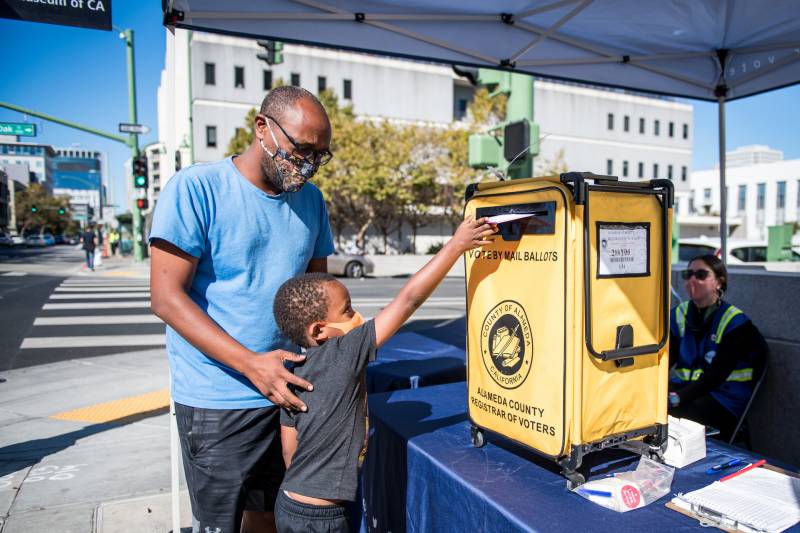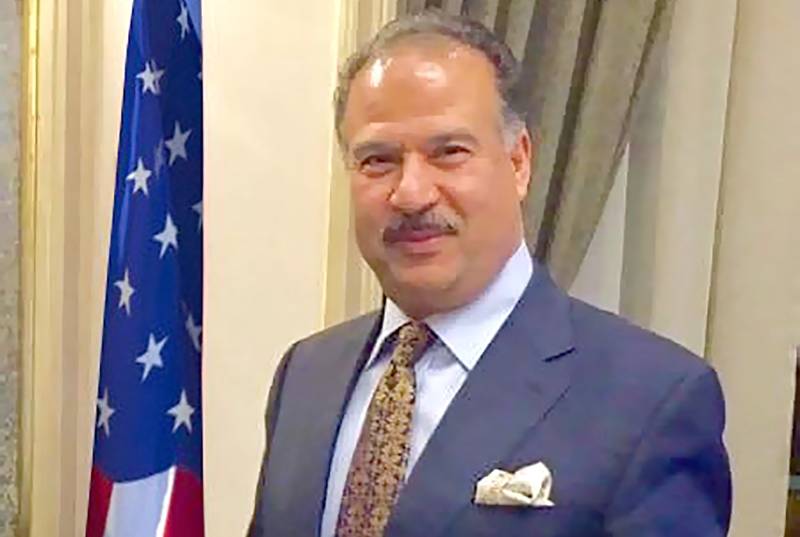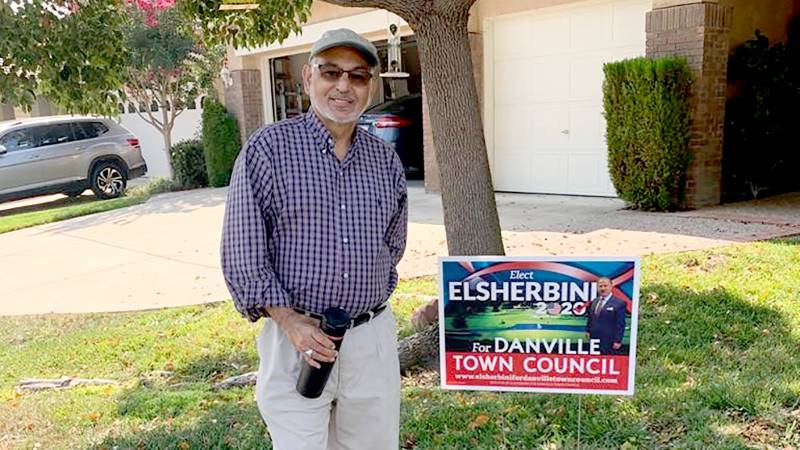For Henok Welday, an Oakland resident, President Donald Trump’s immigration policies towards asylum seekers and refugees were top of mind when filling out his mail-in ballot at home.
The Eritrean immigrant won asylum in the U.S. and became a citizen about six years ago. Because of his experience, Welday said he is upset that the Trump administration has blocked tens of thousands of mostly Central American migrants from seeking humanitarian protections at the southern border.
“We are all human beings. I would like the chance that I’ve been given here to be given to other people too,” said Welday, who fled an Eritrean regime accused by the United Nations of crimes against humanity. “People may have no other choice than to leave their countries and seek a better life here.”
Trump has made restricting immigration, both legal and illegal, a central focus of his administration. As millions of Californians cast their ballots ahead of Nov. 3, many of the president’s strict immigration policies are on the minds of many — including the one out of every six registered voters in the state who are immigrants themselves.
Nationwide, eligible voters who are foreign born have grown to about 10% of the overall electorate, according to estimates by the Pew Research Center. And California has more naturalized U.S. citizens who are eligible to vote than any other state, about 5.5 million people.
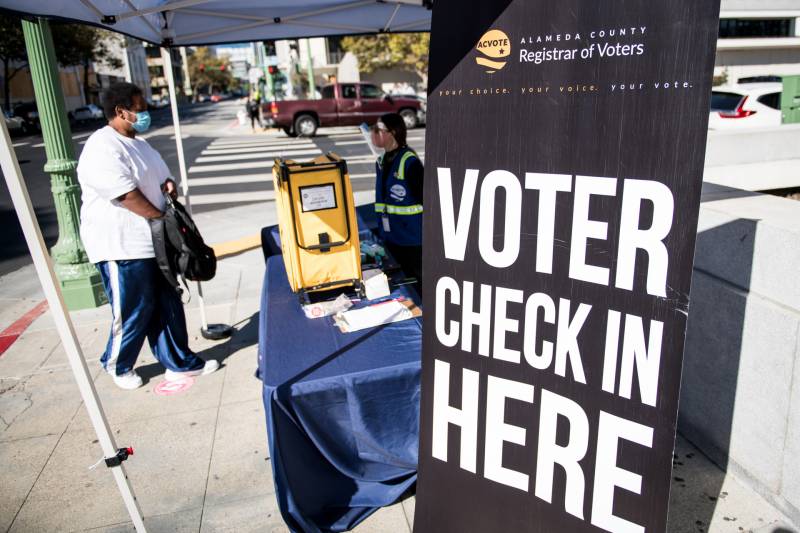
Welday voted for the first time this presidential election and said he regretted not casting his ballot in 2016, even though he had the right to do so.
On Tuesday morning, he brought his six-year old son Nathan with him to drop off his ballot at an official drop box outside the Alameda County Superior Courthouse in Oakland.
“I wanted him to see what’s the right thing to do,” said Welday. “Whatever his choices may be. But it’s always to let your voice be heard.”
Glancing at his son, he said he doesn’t want a president that ordered border authorities to separate nearly 5,500 migrant children from their parents, including hundreds who have not yet been reunited.
“It’s saddening,” said Welday, shaking his head. “I mean, as a parent, you wouldn’t want to be away from your child for one day. Forget about being in two countries.”
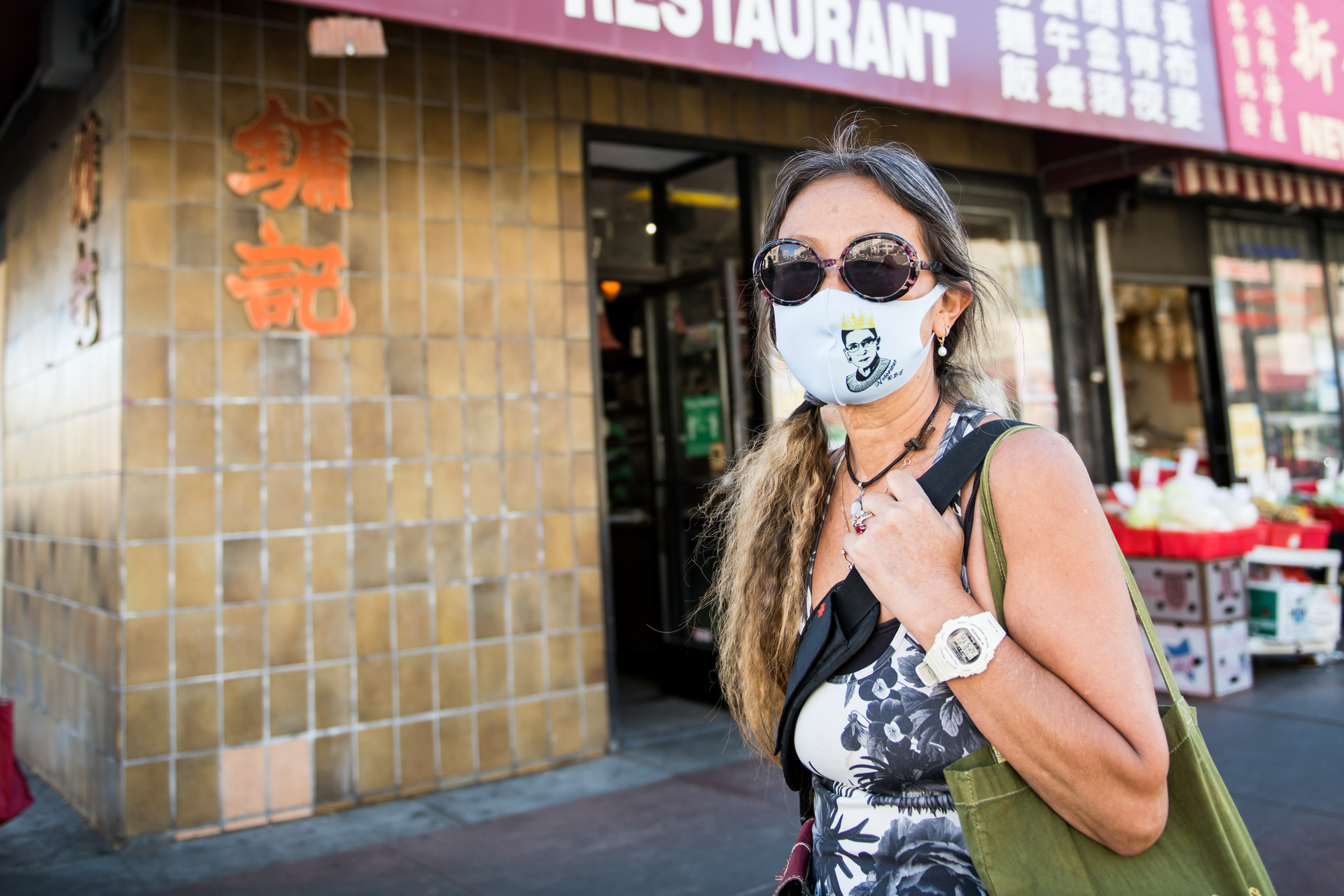
Walking the streets of Oakland’s Chinatown, Naomi Means also said the president’s treatment of immigrants was a key factor in her vote for Democratic presidential candidate Joe Biden.
Means, a special education teacher, disagreed with Trump’s order to admit only up to 15,000 refugees next year, an all-time low. Previous Republican and Democratic administrations typically set the refugee cap at more than 70,000 people per year.
